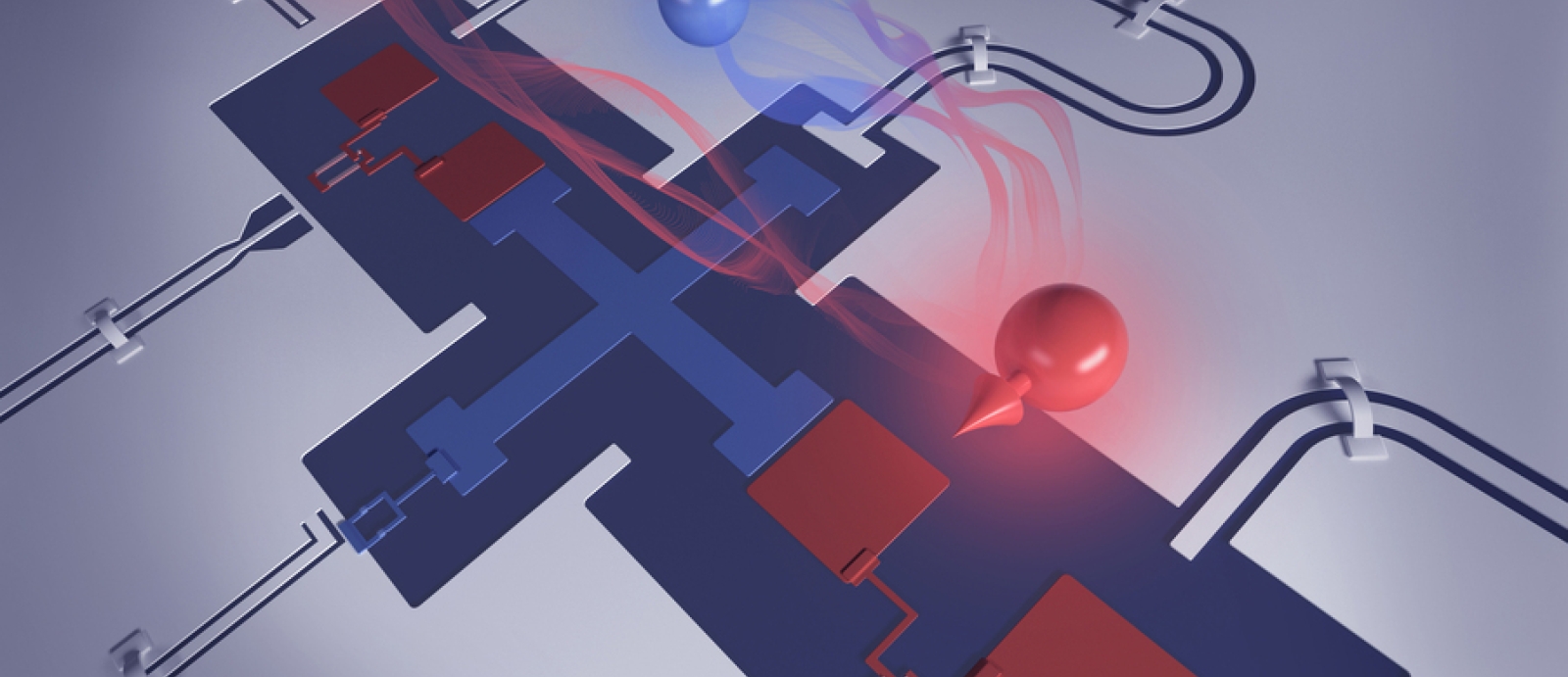
New qubit circuit enables quantum operations with higher accuracy
In the future, quantum computers may be able to solve problems that are far too complex for today’s most powerful supercomputers. To realize this promise, quantum versions of error correction codes must be able to account for computational errors faster than they occur.
However, today’s quantum computers are not yet robust enough to realize such error correction at commercially relevant scales.
On the way to overcoming this roadblock, MIT researchers demonstrated a novel superconducting qubit architecture that can perform operations between qubits — the building blocks of a quantum computer — with much greater accuracy than scientists have previously been able to achieve.
They utilize a relatively new type of superconducting qubit, known as fluxonium, which can have a lifespan that is much longer than more commonly used superconducting qubits.
The fluxonium qubits were developed in a close collaboration with MIT Lincoln Laboratory, which has expertise in the design and fabrication of extensible superconducting qubit technologies.